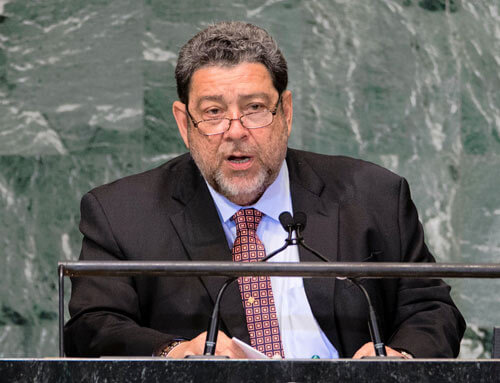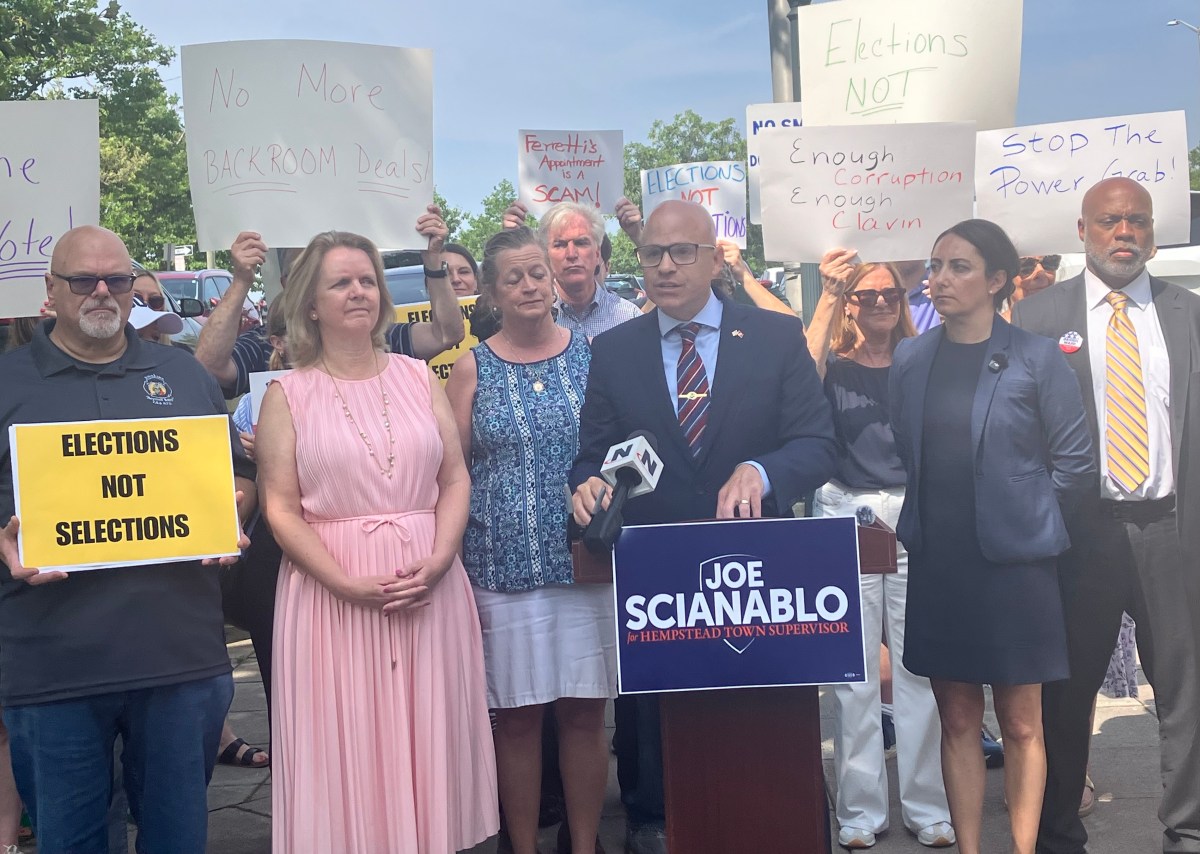The Caribbean Community (CARICOM) on Tuesday, April 2, joined the global community in approving a global arms trade treaty.
The treaty had failed to achieve unanimous support one week earlier, but garnered the support of a majority of UN member-states in a second round of voting.
The treaty regulating the international trade in conventional arms, received 154 votes in its favor, while three member states – Democratic People’s Republic of Korea, Iran and Syria – voted against the decision, and 23 countries abstained.
CARICOM’s lead negotiator, Eden Charles, said the treaty’s adoption reaffirmed faith in both multilateralism and the United Nations in establishing legally binding rules for relations among states.
“Today’s action represents an important first step towards closing a significant lacuna in the international legal order,” said Charles, the deputy permanent representative of Trinidad and Tobago to the United Nations.
He said the new global instrument has the potential to supplement efforts to prevent the diversion of conventional arms — including of their ammunition, parts, and components — to the illicit market.
“We are proud to be part of this history-making exercise,” said Charles, noting that the treaty identified “clear obligations for states to prevent the diversion of conventional arms into the illicit market.”
However, he said CARICOM was “disappointed” by the exclusion of ammunition, parts and components from the articles on diversion and scope. But he added that CARICOM states have always adhered to the rule of law in their relations with other countries and, as such, welcomes provisions that prohibit a state party from authorizing a weapons transfer if that would violate “non-derogable international legal norms.”
He said the treaty also contained examples of the necessary compromises made, noting that not everything in the text was “totally acceptable” to CARICOM.
At the last Intersessional Meeting of CARICOM Heads of Government in Haiti in February, leaders had expressed hope that “the international community adopts tangible and effective measures to regulate the trade in conventional weapons.”
In preparation for the conference, CARICOM held in early March the fourth regional workshop on Negotiations for the United Nations Arms Trade Treaty in St. Vincent and the Grenadines.
In opening the session, Prime Minister of St. Vincent and the Grenadines, Dr. Ralph Gonsalves, bemoaned “the weak, ineffectual and non-existent global regulations that facilitate the free flow of arms from the factories of wealthy corporations into the hands of impoverished and senseless criminals, or hardened ones, and morally bankrupt terrorists.”
He said that those regulations must be “tightened and crafted into robust safeguards that materially improve and protect the lives of our citizens.”
Tuesday’s UN General Assembly action follows the failure last Thursday of the Final UN Conference on the Arms Trade Treaty (ATT) to reach an agreement among all 193 member-states on a treaty text at the conclusion of its two-week session.
The adoption of the treaty was welcomed by several U.N. officials, including Secretary-General Ban Ki-moon, who hailed it as “a powerful new tool” in efforts to prevent grave human rights abuses, adding that it will provide “much-needed momentum” for other global disarmament and non-proliferation efforts.
























